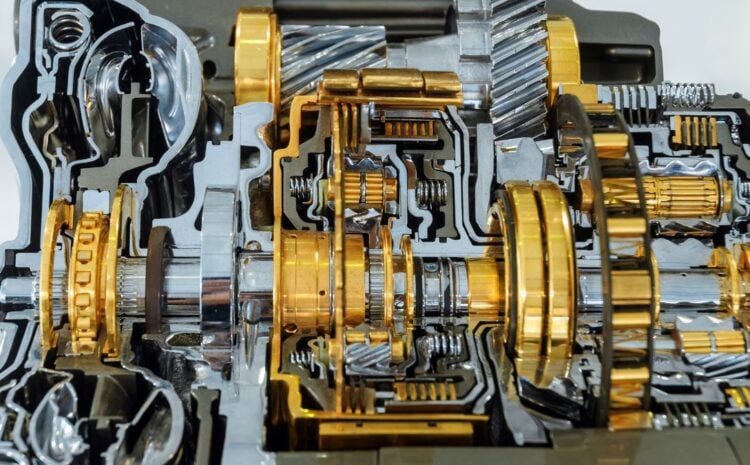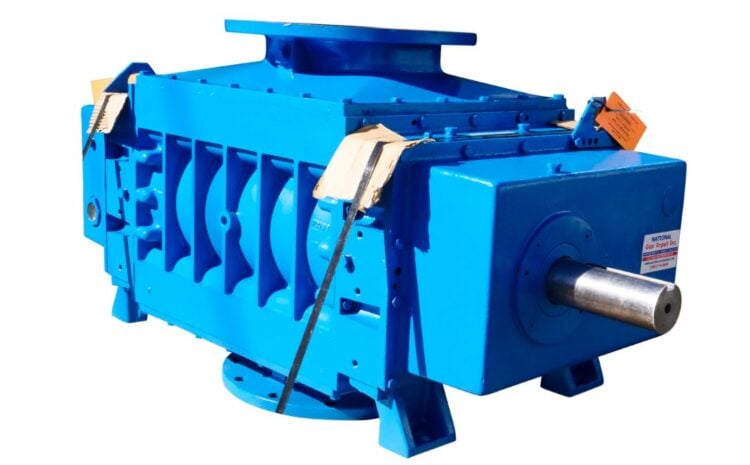Industrial gearboxes play a crucial role in transferring power from one mechanical component to another. Selecting the right gearbox ensures that the entire mechanical system operates efficiently and effectively. In this article, we will take a closer look at the advantages and disadvantages of different types of gearboxes.
Planetary Gearboxes
Planetary gearboxes are widely used in industrial applications that require precise speed and torque control. The key feature of a planetary gearbox is its compact design, which allows for high power density. Planetary gearboxes are ideal for applications that require high accuracy and stability, such as robotics and printing presses.
Advantages of Planetary Gearboxes
- High power density
- Compact design
- Precise speed and torque control
Disadvantages of Planetary Gearboxes
- Relatively expensive
- Complex design
- Higher maintenance costs
Bevel Gearboxes
Bevel gearboxes, such as conveyors and material handling systems, are used in applications where the output direction needs to be changed. The design of bevel gearboxes makes them easy to manufacture, which reduces costs compared to other gearbox types.
Advantages of Bevel Gearboxes
- High efficiency
- Ability to change output direction
- Ease of manufacturing
Disadvantages of Bevel Gearboxes
- Complex design
- Higher costs
- Maintenance requirements
Worm Gearboxes
Worm gearboxes are best used in applications where a compact design is needed and high torque output is required. They are widely used in heavy-duty applications, such as cranes and hoists.
Advantages of Worm Gearboxes
- Compact design
- High torque output
Disadvantages of Worm Gearboxes
- Inefficient
- Heat and noise generation
- Reduced service life
Helical Gearboxes
Helical gearboxes are known for their smooth and quiet operation, making them ideal for applications where noise is a concern. They also have a high-efficiency rating, making them ideal for applications where energy consumption is a concern.
Advantages of Helical Gearboxes
- Smooth and quiet operation
- High efficiency
Disadvantages of Helical Gearboxes
- Higher costs
- Maintenance requirements
Spur Gearboxes
Spur gearboxes are reliable and inexpensive, making them ideal for applications where budget is a concern. They are widely used in light-duty applications, such as packaging and food processing.
Advantages of Spur Gearboxes
- High reliability
- Inexpensive
- Minimal losses in power transmission
Disadvantages of Spur Gearboxes
- Noisy operation
- Reduced service life
Conclusion
Each type of gearbox has its own set of advantages and disadvantages. When selecting a gearbox, it is important to consider the application’s specific requirements, including the desired efficiency, torque, and power requirements. With a clear understanding of the different types of gearboxes and their associated benefits and drawbacks, it is easier to make an informed decision when selecting the right gearbox for your industrial application.



